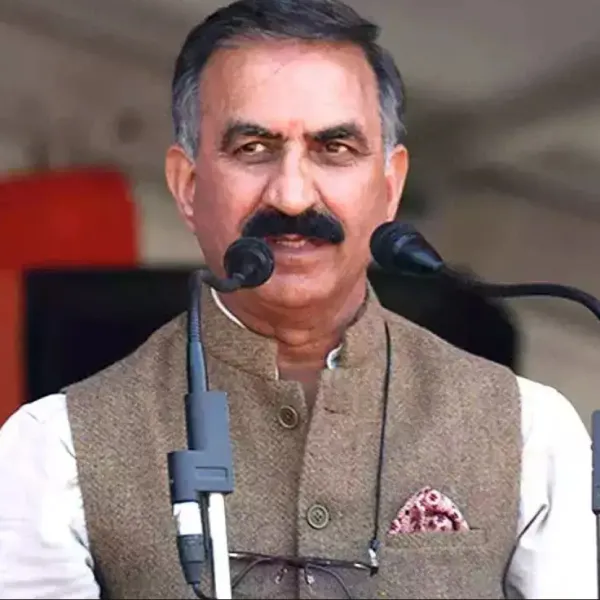Union Health Ministry Proposes Drug Licencing Reforms to Enhance Safety & Uniformity in Healthcare

In response to the WHO's flagging a few Indian medicines as 'substandard,' proposals have been made to standardise drug manufacturing practices.
The Union Health Ministry has proposed significant changes to its drug licencing program to improve drug safety and standardise practices nationwide.
This initiative comes in response to concerns about the quality of cough syrups produced in India, which have been linked to deaths abroad. The World Health Organization (WHO) has raised alarms about the substandard quality of these India-made syrups.
A report by Mint highlights that the proposed changes align with recommendations from a government expert panel. This panel discussed the need for consistent documentation and dossier-based approval processes for domestically manufactured drugs to ensure uniform quality and safety standards.
The draft proposal has been shared with the Central Drugs Standard Control Organisation (CDSCO) and awaits feedback.
The lack of uniform regulations has resulted in inconsistent enforcement, underdeveloped testing infrastructure, and disparities in implementing drug manufacturing licenses. Both the central government and individual states issue these licenses in India.
Standardising the drug regulatory framework is expected to ensure drug safety, effectiveness, and quality. Atul Nasa, the former drug controller of Delhi, stated that this standardisation could help pharmaceutical companies, especially smaller ones, adhere to good manufacturing practices (GMP) guidelines.
Indian health officials are concerned about the impact of contaminated medicines on the country's reputation as a global pharmaceutical supplier.
To address this, the health ministry aims to ensure uniform implementation of the Drugs and Cosmetics Act, 1940 provisions. A state drug controller has recommended nationwide implementation of document-based drug licensing, following the expert panel's advice.
The plan also includes uniform implementation of market surveillance to monitor medicine quality throughout the supply chain. India currently tests over 100,000 drug samples annually. However, a lack of coordination between states and the Centre can delay investigations and actions.
The objective is to bring uniformity to the entire drug regulatory system, enhancing healthcare standards in the country.
Stay tuned for more such updates on Digital Health News
































